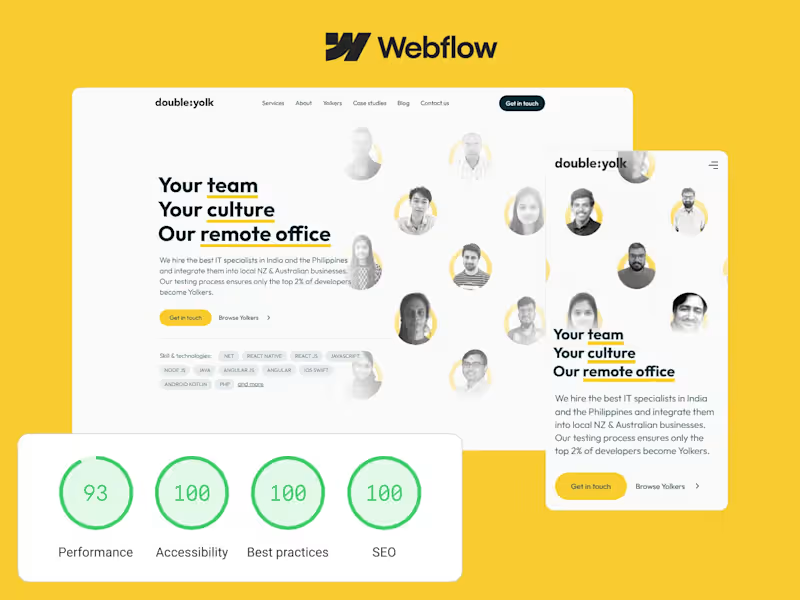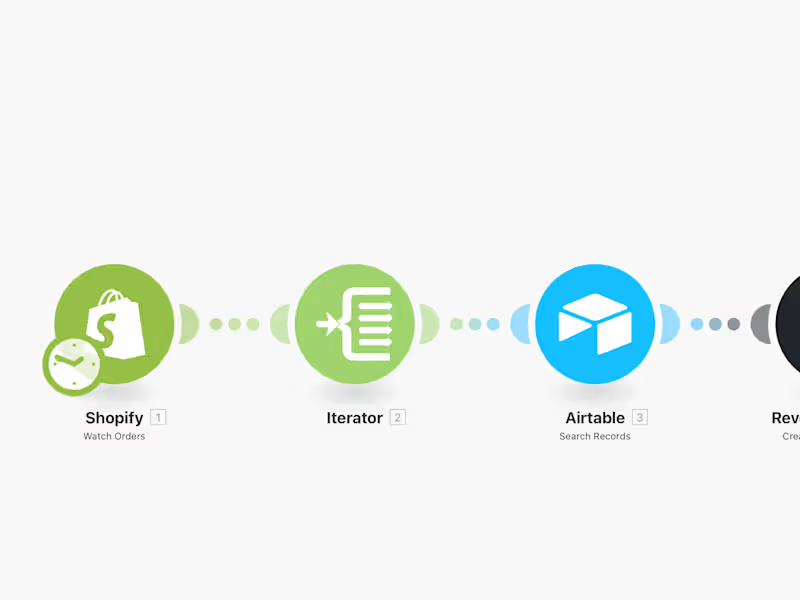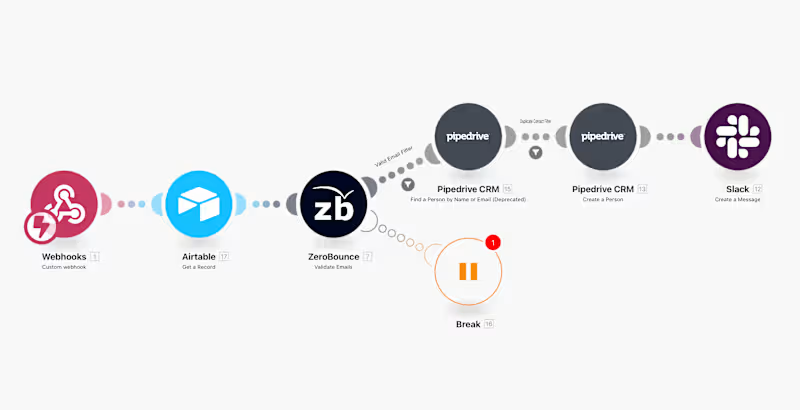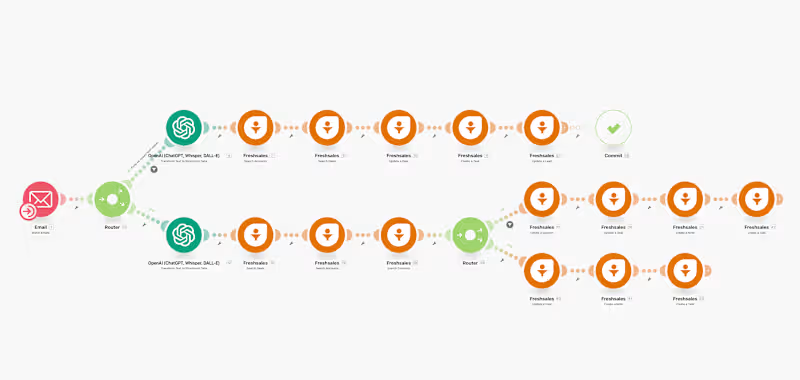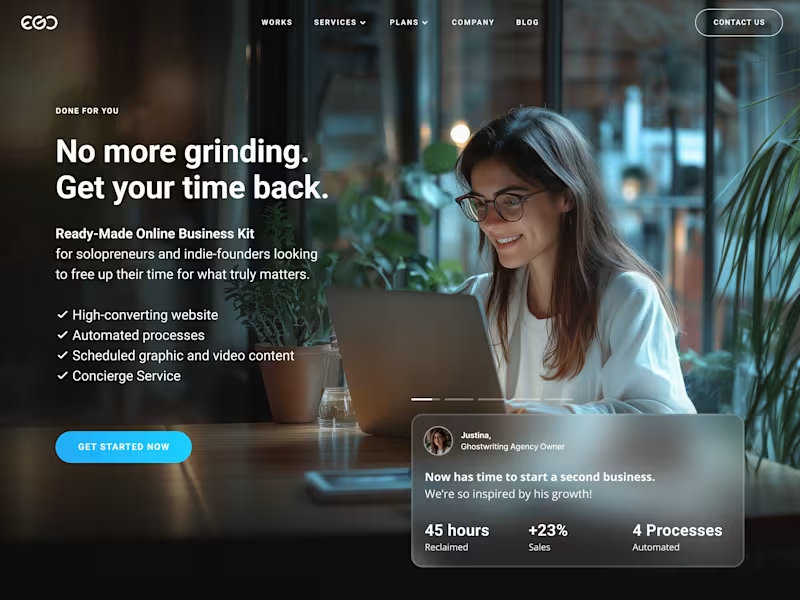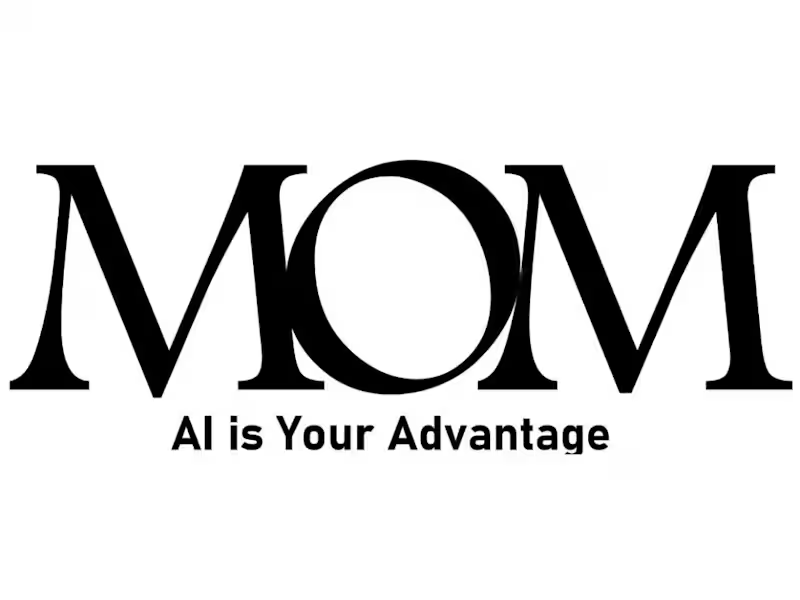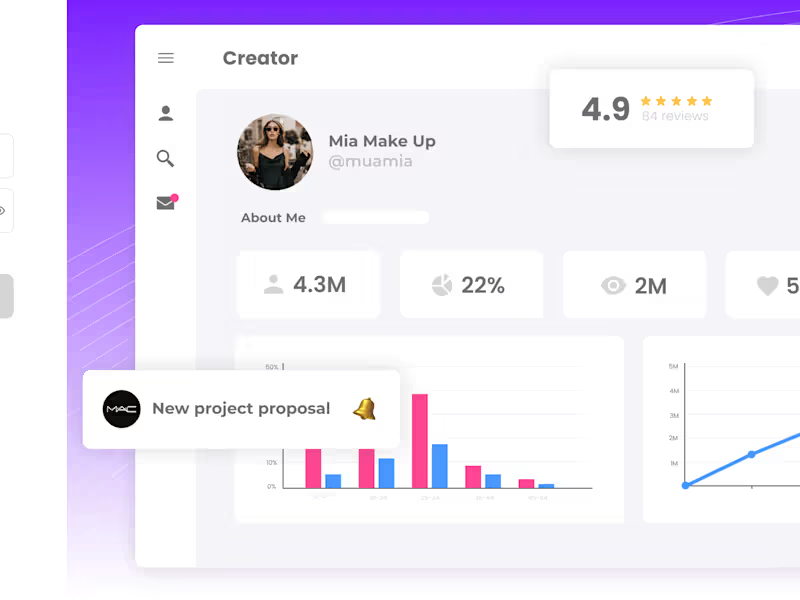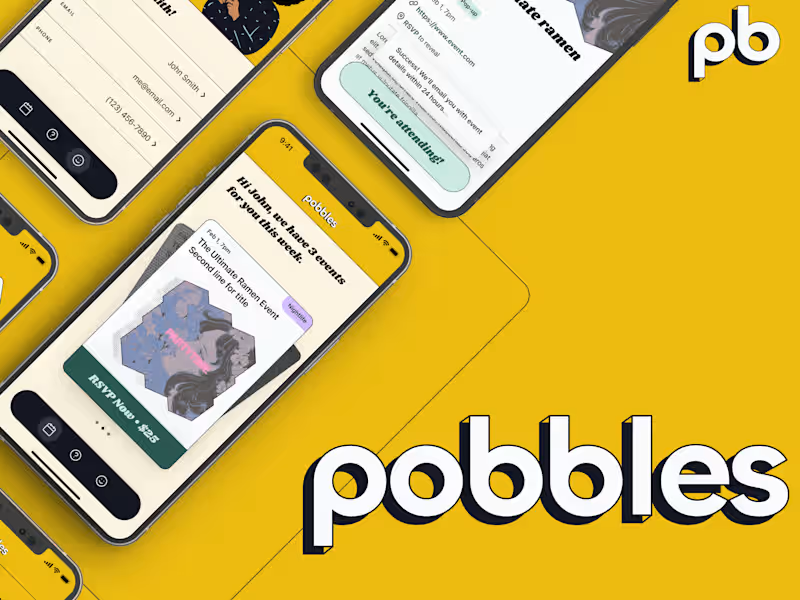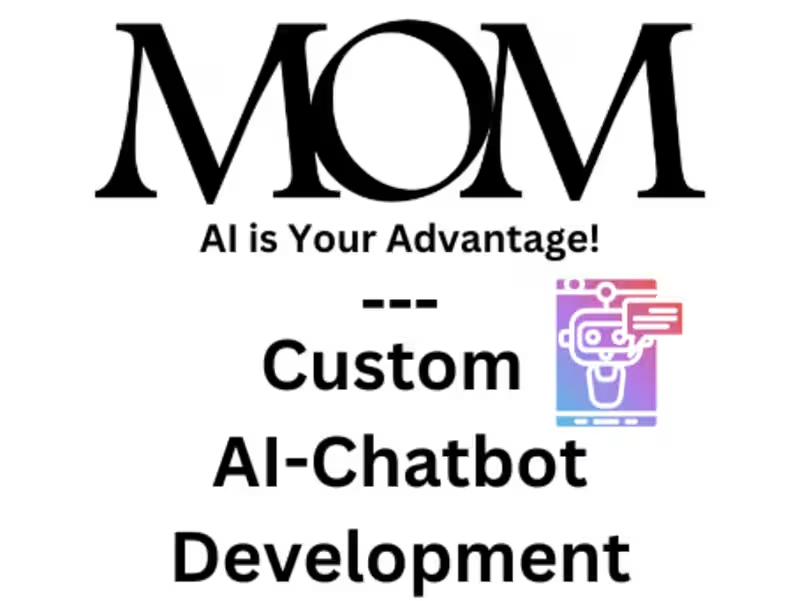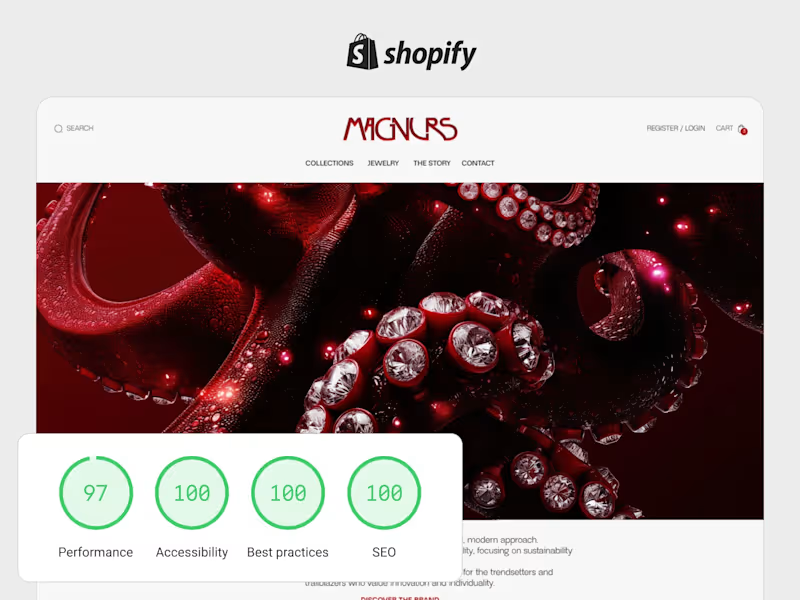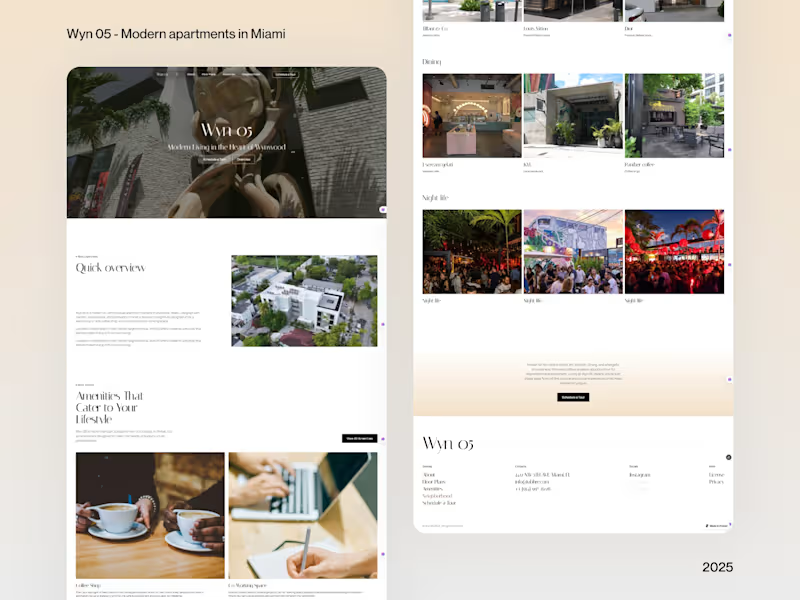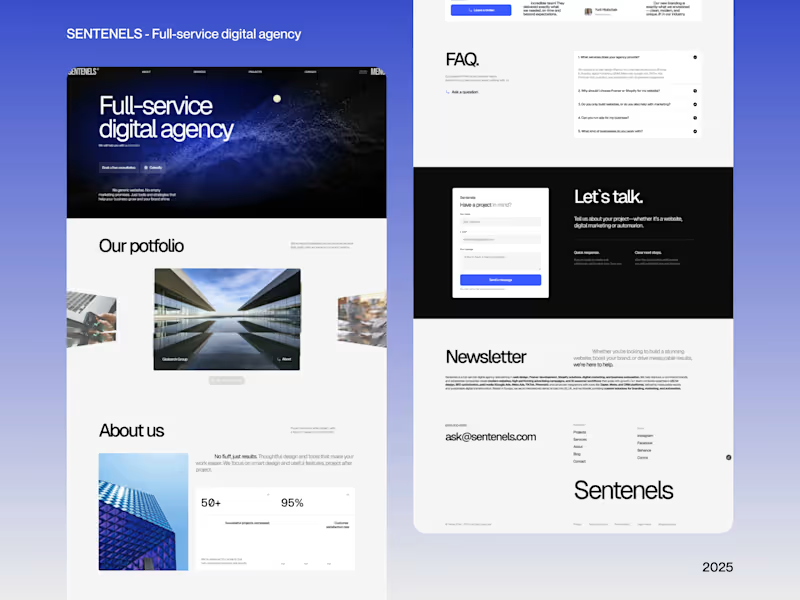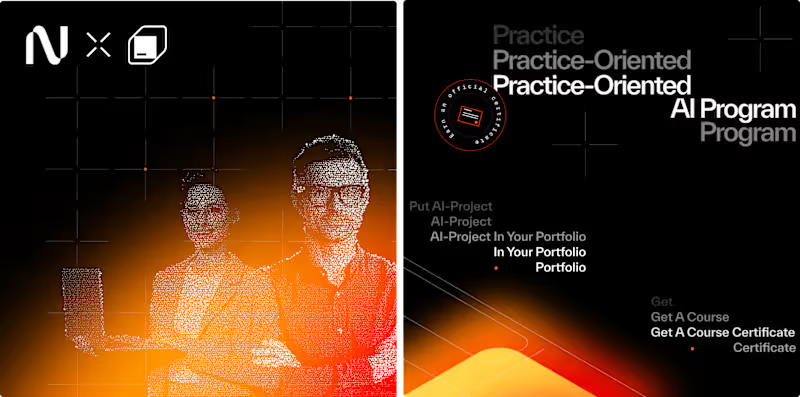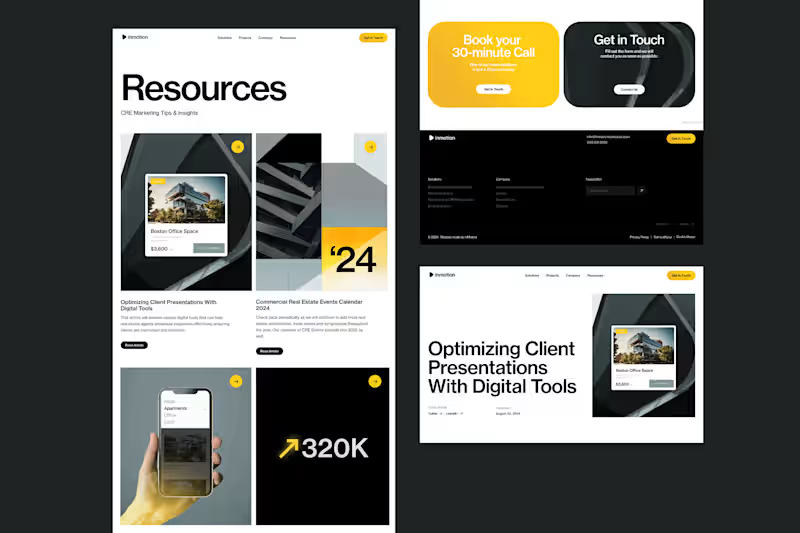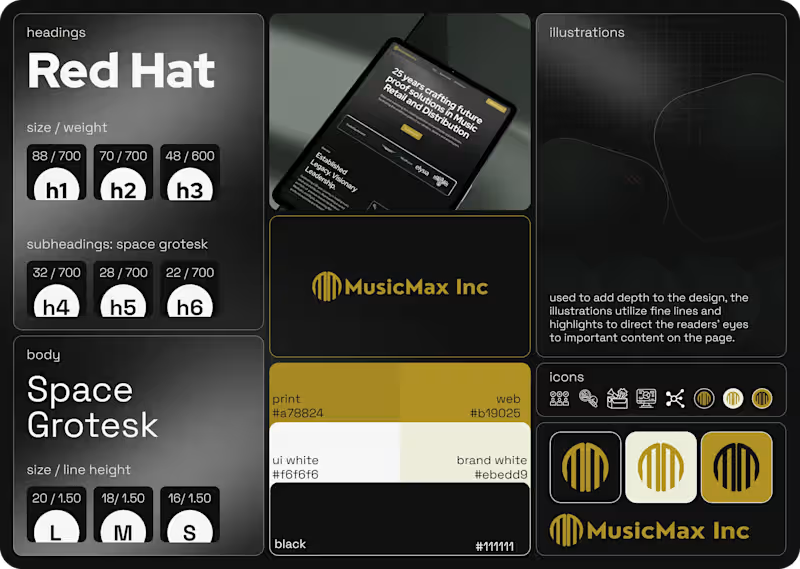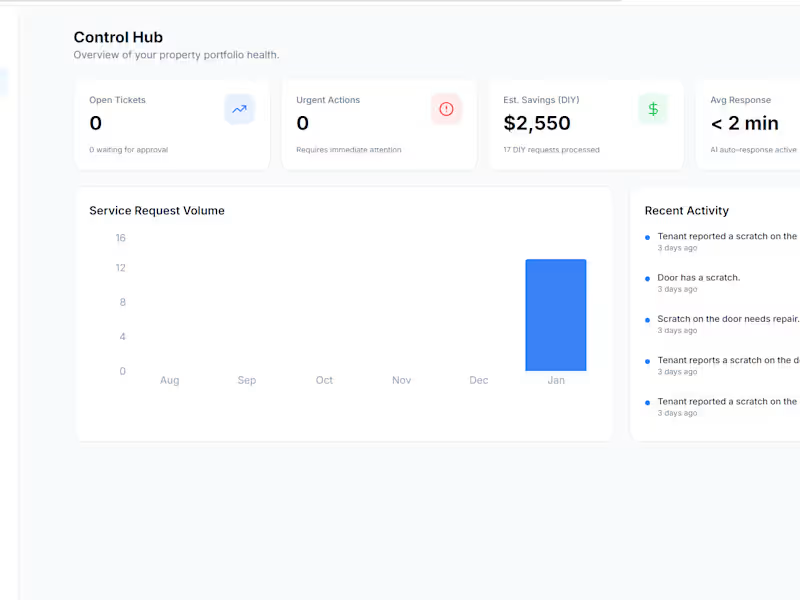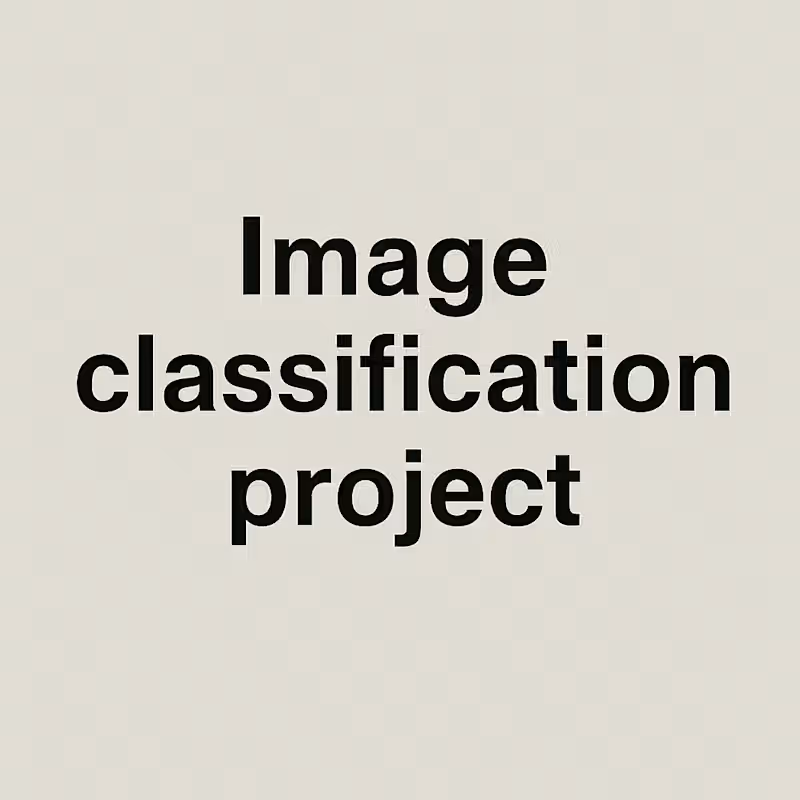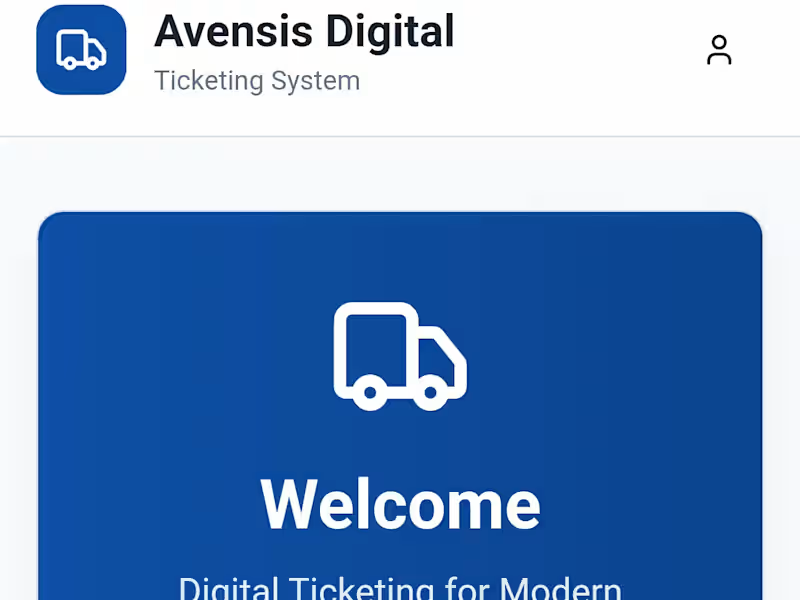Additional resources
What is Make.com and Why Hire Russian-Speaking Specialists
Make.com Platform Fundamentals
Benefits of Russian-Speaking Make.com Experts
Common Use Cases for Bilingual Automation
Essential Skills to Look for in Russian-Speaking Make.com Freelancers
Technical Automation Competencies
API Integration Expertise
Language and Localization Abilities
Make Academy Certifications
Where to Find Russian-Speaking Make.com Freelancers
CIS-Focused Freelance Platforms
Professional Networks and Communities
Recruitment Agencies Specializing in Tech Talent
How to Evaluate Russian-Speaking Make.com Candidates
Portfolio Assessment Strategies
Technical Test Tasks
Language Proficiency Verification
Reference Check Best Practices
Typical Project Types for Russian-Speaking Make.com Specialists
CRM Integration Projects
E-commerce Automation Solutions
Marketing Workflow Automation
Data Synchronization Tasks
Pricing and Budget Considerations
Hourly Rate Expectations
Project-Based Pricing Models
Geographic Rate Variations
Value-Based Pricing Factors
Effective Communication Strategies
Setting Clear Project Requirements
Managing Time Zone Differences
Using Collaboration Tools
Establishing Feedback Loops
Payment Methods and Financial Considerations
International Payment Solutions
Escrow Services for Security
Currency Exchange Considerations
Tax and Compliance Issues
Common Challenges When Hiring Russian-Speaking Make.com Freelancers
Technical Skill Verification
Cultural Communication Differences
Payment Processing Restrictions
Quality Consistency Issues
Building Long-Term Relationships with Russian-Speaking Make.com Freelancers
Creating Effective Onboarding Processes
Performance Monitoring Systems
Retention Strategies
Scaling Your Freelance Team
Automating Your Own Freelance Management with Make.com
Freelancer Recruitment Automation
Project Tracking Workflows
Payment Processing Automation
Performance Analytics Setup




























